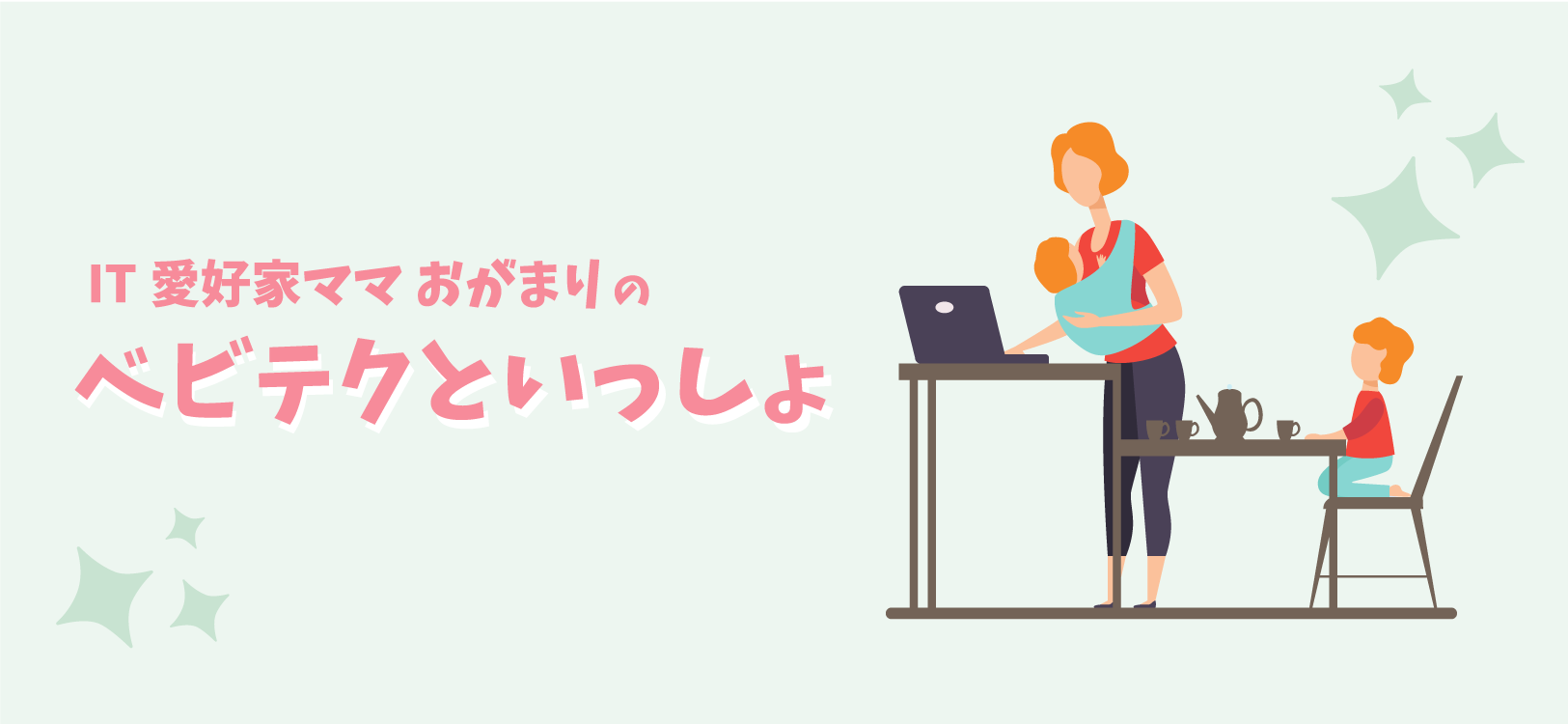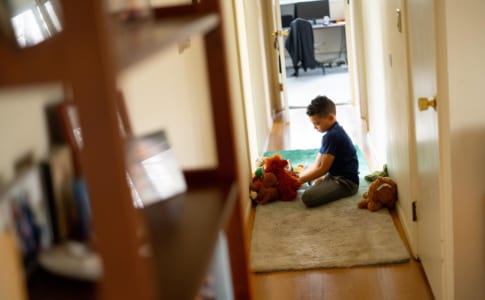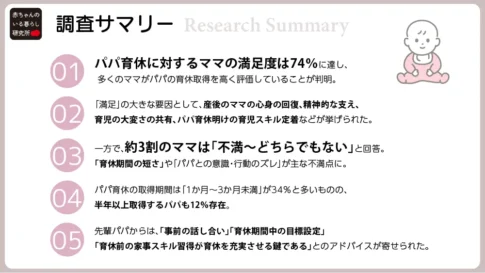
UNICEF (United Nations Children's Fund: UNICEF) has published "Tips for raising children at home during the COVID-19 infection explosion".Translated from DeepLThis is the second part of the article, which was translated into Japanese using the "Japanese version" and corrected expressions that were difficult to understand. (Therefore, there is a possibility that there are translation errors. Please let us know if you notice any.)
Click here for the first part
original articleUNICEF:Tips for parenting during the coronavirus (COVID-19) outbreak
4. when you behave in a way that is not good for you
All children misbehave. It is normal when a child is tired, hungry, scared, or learning independence. And it can drive us crazy when they are stuck at home.
(in Japanese history)Click here to see the English version of the same poster by WHO.)
redirect
Catch bad behavior early and redirect your child's attention from bad behavior to good behavior.
Don't let it happen before the bad behavior starts. If your child starts to get restless, distract him or her with something interesting or fun." Now, let's go for a walk outside!"
take a rest
Do you feel like yelling, give yourself a 10-second pause, breathe in and out slowly five times. Then try responding in a calmer way. Millions of parents have found this method helpful.
Take advantage of a bad result (Editor's note: it seems to mean to berate, or to lose money).
Imajime helps teach our children responsibility for what they do. It also allows for controlled discipline. This is more effective than hitting or yelling.
Give the child the option of following your instructions before warning him or her.
Try to remain calm when administering punishment. For example, taking away a teenager's cell phone for a week is difficult, but taking it away for an hour is more realistic.
After the commandment is over, give the child a chance to do something good and praise him or her.
One-on-one time, praise for good behavior, and a consistent routine will reduce bad behavior.
Give children and teens easy jobs with responsibility. Just make sure it is something they can do. And praise them when they can do it.
5. remain calm and manage stress
This is a stressful time. Take care of yourself to support your child.
You are not alone.
Millions of people have the same fears we do. Find someone you can talk to about your feelings. Listen to what they have to say. Avoid social media that causes panic.
take a break
Everyone needs a break from time to time. When your child is sleeping, do something fun or relax for yourself. Make a list of healthy activities you like to do. You deserve to do things you enjoy.
Listen to your child
Listen to your children with an open heart and mind. Children look to you for support and reassurance. Listen to your children when they tell you how they are feeling. Be accepting and comforting of their feelings.
Let's take a breath.
Here are some one-minute relaxation activities you can do when you are stressed or worried.
Step 1: Preparation
Find a comfortable sitting position with feet on the floor and hands on knees.
Close your eyes when you feel comfortable.
Step 2: Think, feel, and move your body
"What am I thinking about right now?" Ask yourself.
Notice your thoughts. Notice if they are negative or positive.
Notice how you feel emotionally. Notice if you are emotionally happy.
Notice how your body feels. Notice where you are sore or tense.
Step 3: Concentrate on your breathing.
Listen to your breath as it comes in and out.
Put your hand on your belly and feel it rise and fall with each breath.
Try saying to yourself, "I am fine.
Then listen to your breathing for a moment.
Step 4: Return from Concentration
Notice sensations throughout the body.
Listen to the sounds in the room.
Step 5: Reflection
Have my moods changed?" Think about it.
When you are ready, open your eyes. Open your heart and listen to your children. Children look to you for support and reassurance. Listen to your children when they tell you how they are feeling. Accept their feelings and comfort them.
It is also helpful to pause when a child is frustrated or feels he or she is doing something wrong. It gives them a chance to calm down. Even taking a few deep breaths and feeling the floor beneath you can make a difference. Try pausing with your child.
6. talk about COVID-19
Be willing to talk. The children will have already heard something. Silence and secrecy do not protect children. Honesty and openness are important. Think about how much they will understand. You know them best.
Be open and listen
Allow your child to speak freely. Ask straightforward questions and find out how much your child knows.
be honest
Always answer your child's questions honestly. Consider how old your child is and how much he or she understands.
Be supportive.
Your child may be scared or confused. Give your child space to share how they are feeling and let them know you are there for them.
You don't need to know the answer.
It's okay to say, "We don't know that, but we're going to find out," or "We don't know that, but we're going to think about it." Use it as an opportunity to learn something new with your child!
A hero not a bully.
Explain that COVID-19 has nothing to do with how a person looks, where they come from, or what language they speak. Let the child know that we can be compassionate toward those who are sick or caring for those who are sick. We can also look for stories about people who are working to stop outbreaks or caring for sick people.
There are so many stories in the world
Some may not be true. Use reliable sites such as UNICEF or the World Health Organization.
Let's feel good about ourselves.
Make sure your child is ok. Remind them that you care and that they can always talk to you. And do something fun together!
The above is the "UNICEF (United Nations Children's Fund)Tips for raising children at home during the COVID-19 infection explosion".Translated from DeepLThe translation has been translated into Japanese using the following method, and some of the translations have been revised for clarity.
We hope that we can be of help to you in your daily life.















